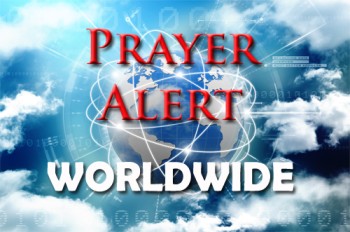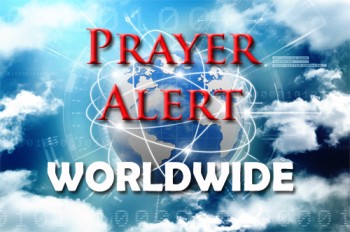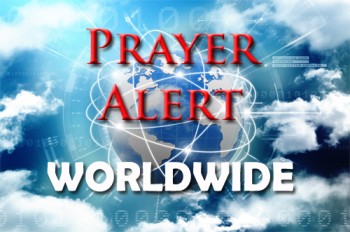Displaying items by tag: Jamaica
Caribbean: hurricane causes huge devastation, many deaths
One of the strongest Atlantic hurricanes ever recorded, Hurricane Melissa has left a trail of devastation across Jamaica, Haiti, and Cuba, killing at least 33 and displacing hundreds of thousands. Striking Jamaica as a Category 5 storm with winds of up to 185 mph, it tore roofs from homes, flooded entire communities, and crippled power and communication lines across the region. In Haiti, where fragile infrastructure magnified the disaster, scores are dead or missing after floodwaters swallowed coastal towns. Cuba also faces collapsed buildings and blocked roads, with hundreds of thousands forced into shelters. In Jamaica, 77% of the island lost power: emergency services were inundated by floods and unable to conduct emergency operations. Two airports have reopened, with the UN and other agencies ready to deliver aid. Amid the chaos, local leaders and residents describe scenes of heartbreak and resilience - families salvaging what little remains, emergency workers battling through mud and wreckage, and governments scrambling to restore hope. Recovery will be long, painful, and costly.
Jamaica: UN meeting about seabed mining
The UN's International Seabed Authority (ISA) has met to discuss new rules for ocean floor mineral extraction, despite concerns over economic and environmental risks. Supporters argue that deep sea mining will provide essential materials like cobalt and nickel for the global energy transition, while critics fear it could devastate ecosystems and disrupt migratory routes. Twenty-seven countries are calling for a temporary halt. The ISA council will negotiate a ‘mining code’ for regulating ocean floor mining. Nations remain divided on the draft, with many urging a slower process for proper scrutiny. The urgency stems from an expected application by Nauru for a mining licence. Critics argue that deep sea mining's economic viability remains unproven, with rising costs and significant environmental trade-offs.
Caribbean: Hurricane Beryl leaves huge trail of destruction
Hurricane Beryl, the earliest recorded storm to reach Category 5, is finally weakening after devastating the southeastern Caribbean, killing at least ten people and destroying 90% of homes on Union Island in the Grenadines. The speed with which the storm intensified is attributed to climate change. Beryl has caused enormous destruction, including three deaths in Grenada, three in St Vincent and the Grenadines, and two in northern Venezuela. Grenada’s Carriacou island is nearly cut off, with extensive damage to infrastructure. A UN executive said, ‘It’s clear that the climate crisis is pushing disasters to record-breaking new levels of destruction’. The number of hurricanes in the 2024 season is predicted to be well above average, with 17 to 25 named storms. For further details, see


